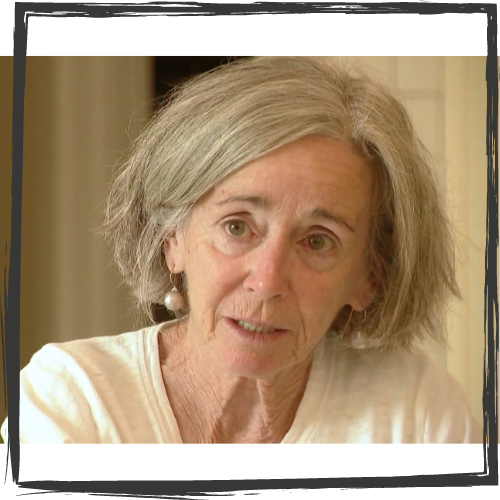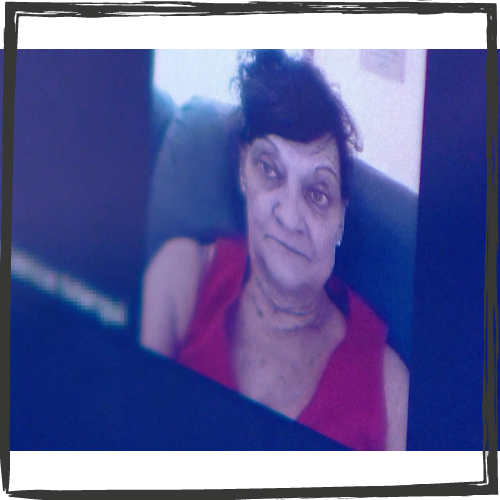By Chris Vanderveen, 9News
In a state that’s floundering when it comes to caring for adults with severe mental illness, a weekly online discussion provides respite and a call for change
I asked to watch and listen. For one hour. No notes. No camera. No recording. I just wanted to listen.
An hour later, after hearing the deeply personal stories of parent after parent after parent, it was clear. Whatever things politicians and bureaucrats and others think they’re doing to deal with the state of the state’s mental health care system, it’s not enough for these parents of severely mentally ill adult children.

The system – or at least what passes for a system – is broken in both profound and mundane ways, they say.
That day, I asked whether I could return to their weekly Zoom calls, but this time with an on-the-record story in mind. The parents said yes.
I agreed to use first names for all but one of the parents. Colorado State Rep. Judy Amabile, D-Boulder, was the exception. “None of these parents can help their kids,” she said. “So, yeah, I feel like that’s why I am here, to work on that.”

She too has an adult son who is severely mentally ill. “When he was 18, he had his first break," she said. "We had no idea what was happening."
One day, he tried to get out of a car while the two were driving on U.S. 36. Another day, she took him to a local ER.
“They told me, 'You might as well go home. We don’t have anyone to evaluate him right now,'" she said. "So, we go home, and you know, six hours later they say, 'We need you to come and get him. We’re not going to keep him.'”
Every Wednesday at noon, parents with similar stories hop on a Zoom call to talk and discuss the “system” as they know it.

When Mental Health America gathered data for all 50 states in its annual ranking, no state fared worse than Colorado. Sylvia, a parent of a severely mentally ill son, explained the ramifications of that: “I’m looking at exporting my son out of Colorado into a facility in New Mexico, all because there is such a lack of available residential behavioral health facilities in Colorado presently.”
Bed space is a common topic during the weekly discussions. In the mid 1980s, Colorado’s two state psychiatric hospitals had nearly 1,100 beds. If bed space had increased with the population, we’d have nearly 2,000 beds by now, but we don’t. Combined, we have less than 600 in Pueblo and Fort Logan.
Amabile sponsored a bill during the last legislative session that will bring an additional 125 residential treatment beds, but even she admits that’s hardly enough. “I went back to this group, and I said we passed the bed bill. It’s 125 beds, and one of the women on the call said, ‘Are you kidding? How dare you come back and say you’ve got 125 beds. That’s such a failure.’ And of course, I understand exactly where she was coming from. She said we needed a thousand of them,” Amabile said.
It leads to stories like Jill’s. She figures police have arrested her son 50 times, which has left her in a permanent state of worry. “It’s very nerve-racking because I don’t know when the next crisis is going to happen of when he’s going to be on the street or when he’s going to be getting more psychotic again,” she said.
There were so many other stories like Jill’s. These parents are desperate and in need of real solutions.

“It’s tough. It’s tough,” said Sylvia as she fought back tears. “Something that’s often not reported is the mental health of the caregivers. It’s draining, but the failure of not being able to find solutions, it’s just like people should be so pissed off that parents have to go through this just to secure care.”
She’s right.


